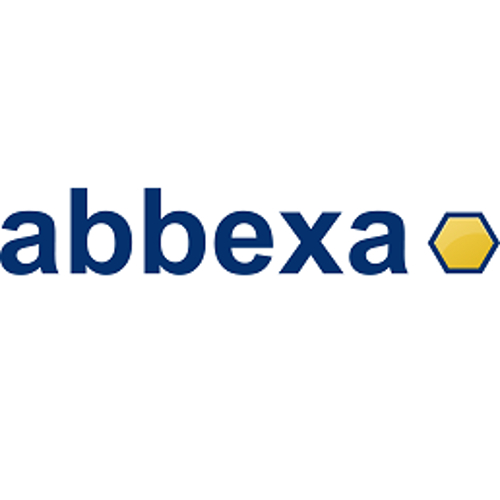IFNL4 / Biotin /
Product Details
| Description | IFNL4 Antibody (Biotin) is a Rabbit Polyclonal against IFNL4 conjugated to Biotin. | |
|---|---|---|
| Conjugate | Biotin | |
| Clone | ||
| Target Species | Human | |
| Applications | ELISA | |
| Supplier | Abbexa | |
| Catalog # | Sign in to view product details, citations, and spectra | |
| Size | ||
| Price | ||
| Antigen | ||
| Host | ||
| Isotype |
About IFNL4
This gene is a polymorphic pseudogene which, in some humans, encodes the interferon (IFN) lambda 4 protein. Humans are polymorphic for the dinucleotide TT/deltaG allele. Compared to the ancestral state in non-human primates, the TT allele produces a frameshift in the coding region of this gene which is predicted to induce nonsense-mediated mRNA decay. This allele, and an allele in the first intron of this gene, have experienced a rapid increase in frequency and show indications of positive selection. The ancestral states of these alleles are associated with an impaired ability to clear hepatitis C virus. This gene, like other type III interferons (IFNs), interacts with the IFN lambda receptor complex (IFNLR) whose signaling is generally restricted to epithelial cells. This gene resides in a cluster of four type III IFN genes and at least two pseudogenes on chromosome 19q13.2. In general, interferons are produced in response to viral infection and block viral replication and propagation to uninfected cells by activating the JAK-STAT pathway and up-regulating antiviral genes. Multiple alternatively spliced transcripts have been described for this gene but their biological validity and protein coding status is still being ascertained. [provided by RefSeq, May 2017]
This gene is a polymorphic pseudogene which, in some humans, encodes the interferon (IFN) lambda 4 protein. Humans are polymorphic for the dinucleotide TT/deltaG allele. Compared to the ancestral state in non-human primates, the TT allele produces a frameshift in the coding region of this gene which is predicted to induce nonsense-mediated mRNA decay. This allele, and an allele in the first intron of this gene, have experienced a rapid increase in frequency and show indications of positive selection. The ancestral states of these alleles are associated with an impaired ability to clear hepatitis C virus. This gene, like other type III interferons (IFNs), interacts with the IFN lambda receptor complex (IFNLR) whose signaling is generally restricted to epithelial cells. This gene resides in a cluster of four type III IFN genes and at least two pseudogenes on chromosome 19q13.2. In general, interferons are produced in response to viral infection and block viral replication and propagation to uninfected cells by activating the JAK-STAT pathway and up-regulating antiviral genes. Multiple alternatively spliced transcripts have been described for this gene but their biological validity and protein coding status is still being ascertained. [provided by RefSeq, May 2017]
Experiment Design Tools
Panel Builders
Looking to design a Microscopy or Flow Cytometry experiment?
Validation References
Reviews & Ratings
| Reviews |
|---|
Looking for more options?
18 IFNL4 antibodies from over 3 suppliers available with over 8 conjugates.





